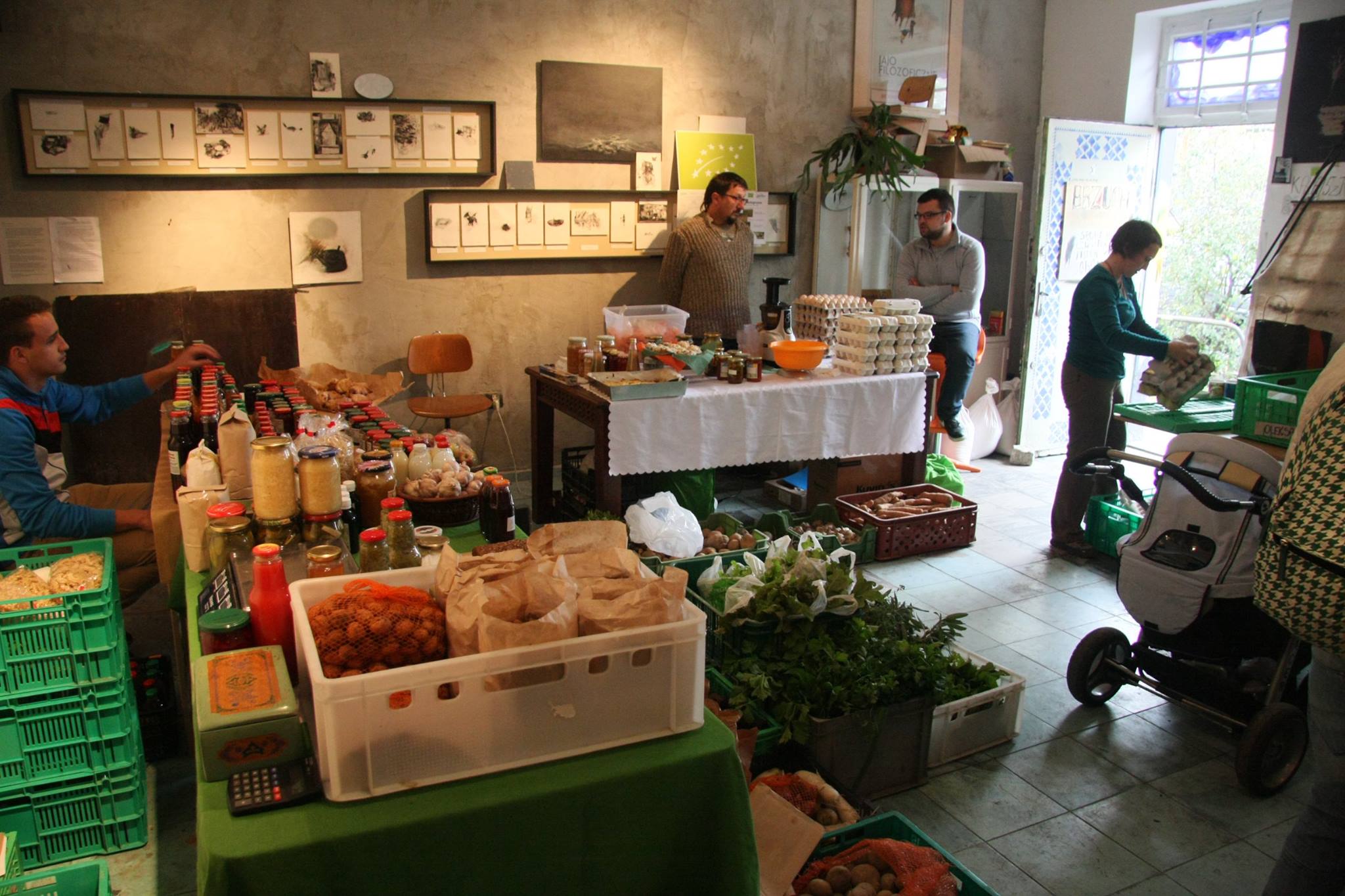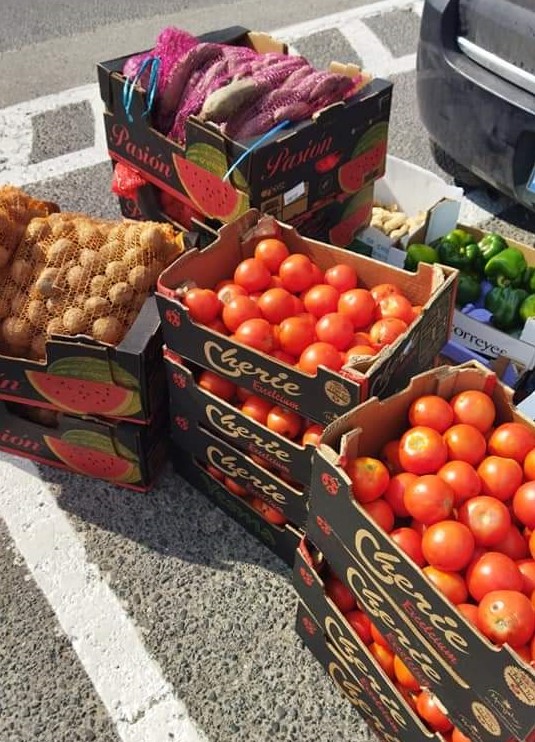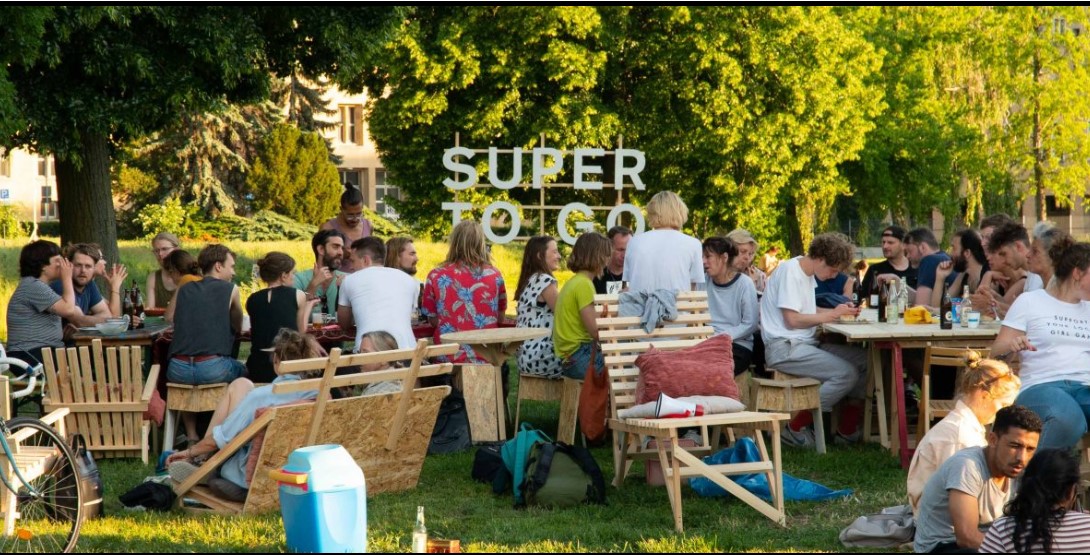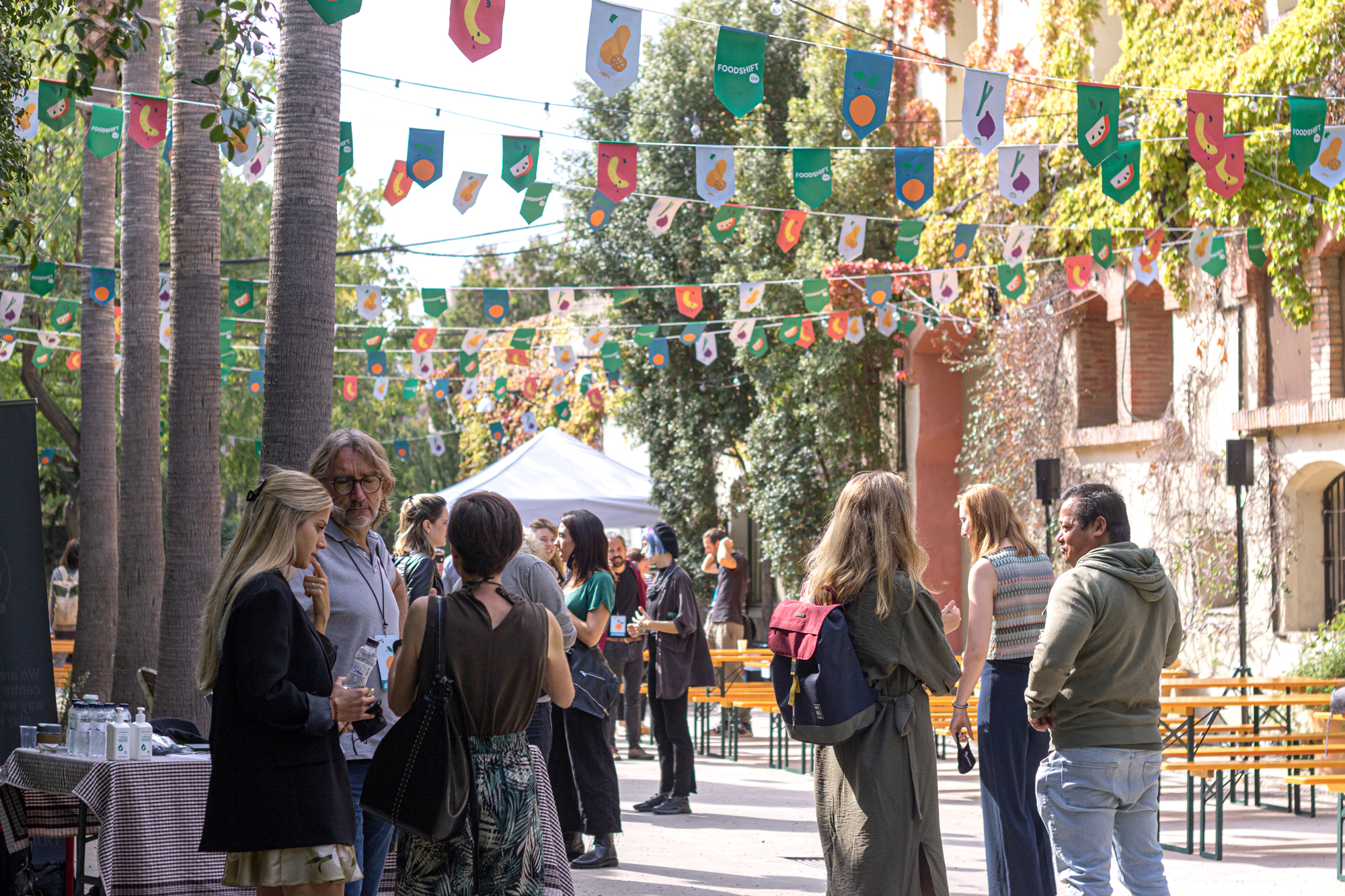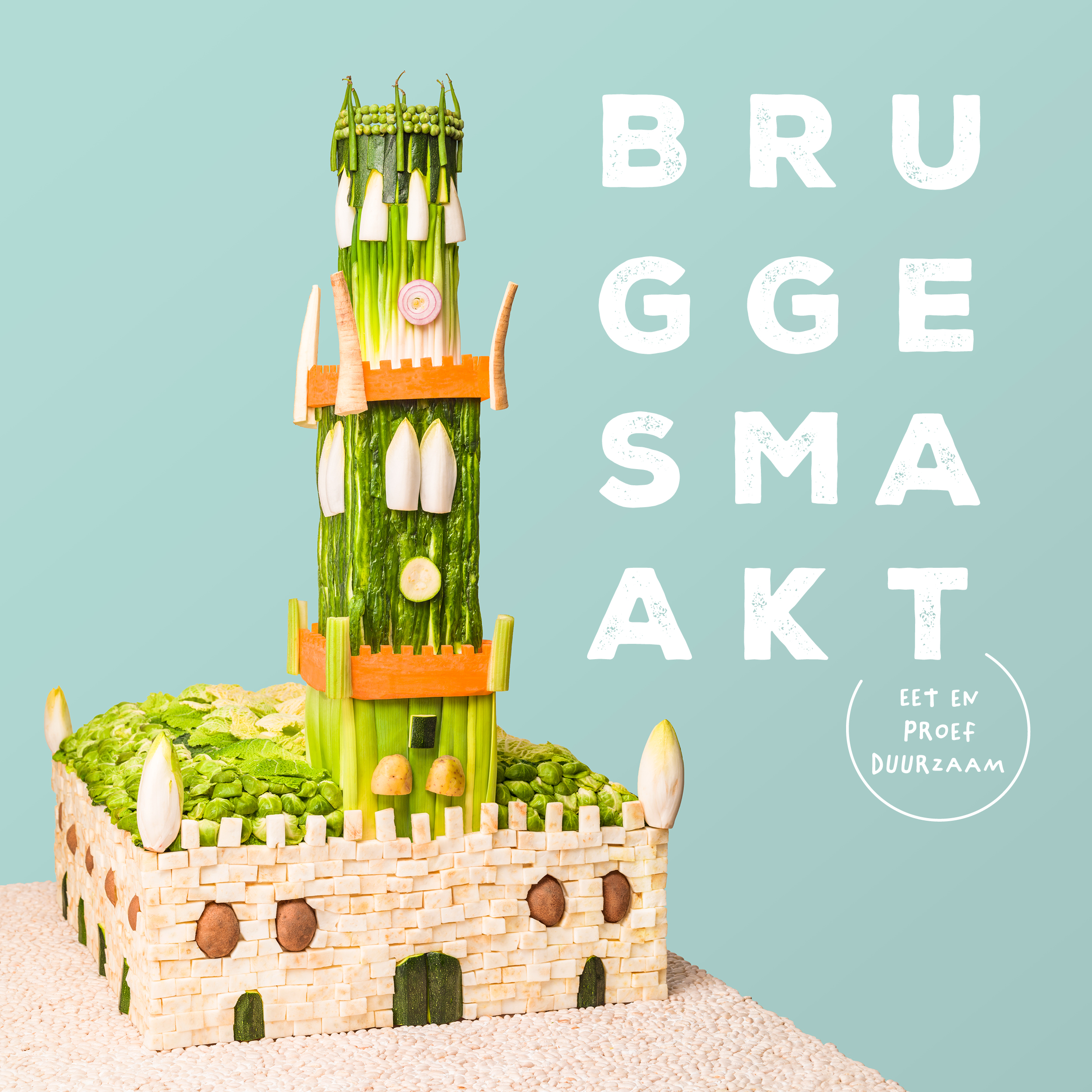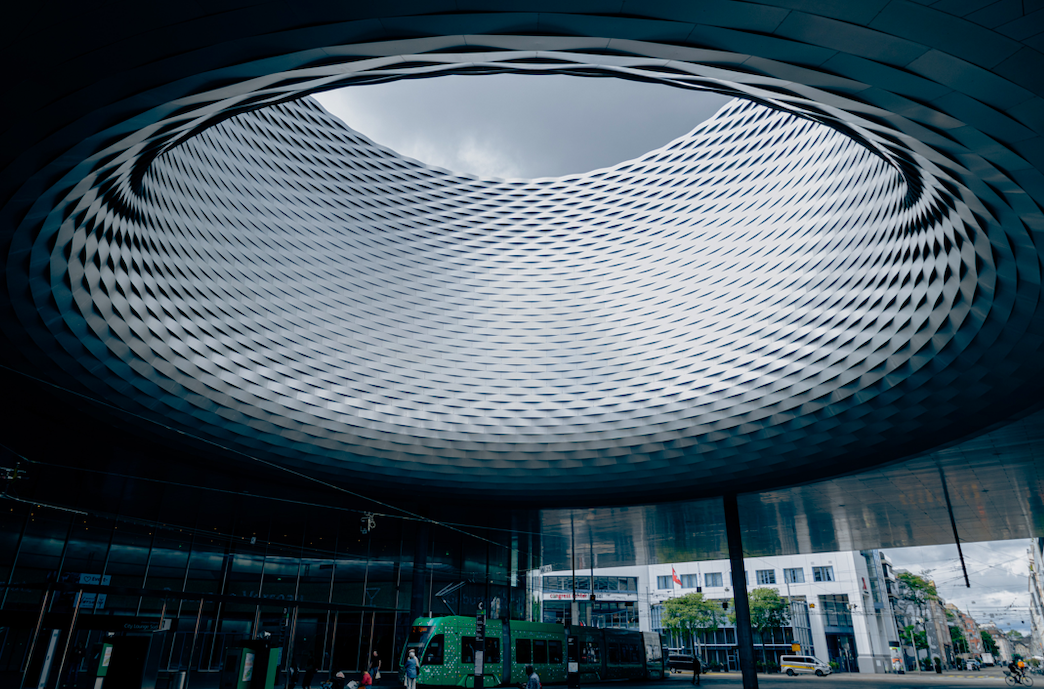City Council – De Tuinen van Stene
29 July 2022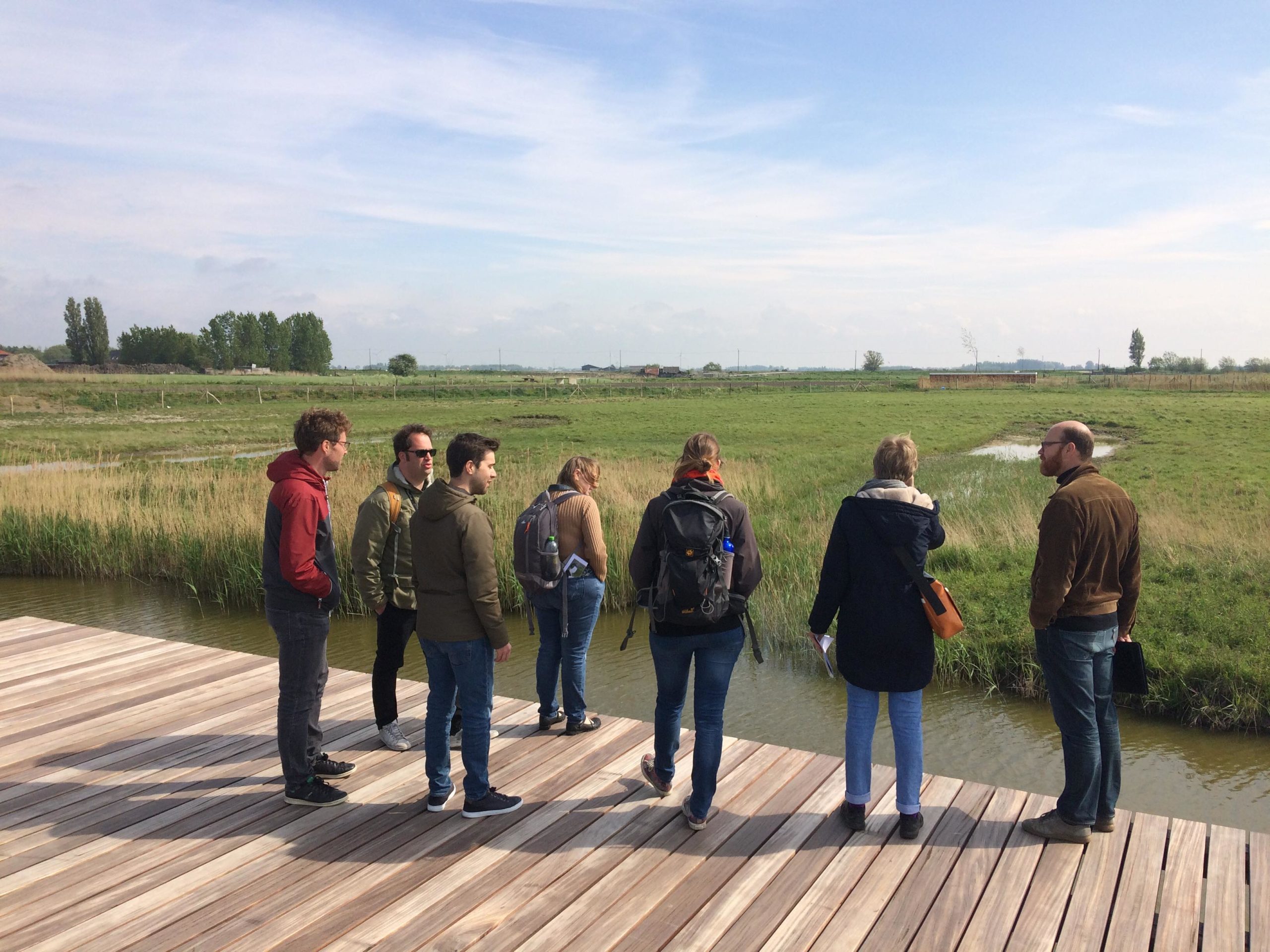
City Council – De Tuinen van Stene
Oostende, Belgium
THE INNOVATION:
The Oostende City Council aims to use public space for edible greenery, social gatherings and meetings. This has been motivated by links to impact of green space on mental health and resilience to climate change impacts. Eli Devriendt works for the public space department of the city of Oostende and was the driving force behind the Green Belt of Oostende. One of the landscapes along the belt are De Tuinen van Stene (The Gardens of Stene). It is not “just” a park for walking or cycling, but includes food production such as a Community Supported Agriculture (CSA) that has now been running for 8 years, grazing sheep and cattle, an orchard and water retention areas.
LOOKING AHEAD:
To maintain the success of De Tuinen van Stene and the Green Belt, an improved communication strategy, improved management and new partnerships will be key (maturing). The City Council aims to maximize the Green Belt concept, greening more areas in the city to combat heat stress, soften the city exterior, provide greenery and grow food (upscaling).
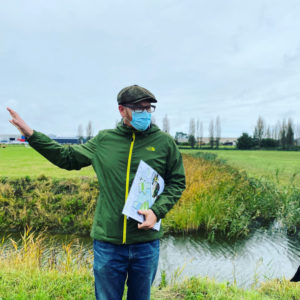
More Information:
Website: https://www.oostende.be/tuinvanstene
Contact Person: Eli Devriendt
Email: [email protected]
Info about the Innovators and the Innovation portraits Catalogue
FoodSHIFT 2030 aims to launch an ambitious citizen-driven transition of the European food system towards a low carbon circular future, including a shift to less meat and more plant based diets. This transition is necessary in order to address the pressing challenges for food and nutrition security, contribute to the EU commitment of reducing GHG emissions by at least 40% by 2030, and revitalize urban-rural linkages and partnerships.
To do so, it establishes FoodSHIFT Accelerator Labs for maturing, combining, upscaling and multiplying existing food system innovations across nine front-runner city-regions. In turn these innovations contribute to the FoodSHIFT vision.
An Innovation Catalogue called “Innovation Portraits” was created to snapshot each of the Food Innovations connected with each of the FoodSHIFT Accelerator Labs (FALs) across the 9 city regions.
Info about the Innovation Portraits Catalogue
The Innovation Catalogue will snapshot each of the Food Innovations connected with each of the FoodSHIFT Accelerator Labs (FALs) across the 9 city regions. Each FAL has a dedicated innovation focus and each chapter will present innovation cases from a particular FAL. For each of the innovations presented, a snapshot of the innovation concept and purpose will be given, alongside the key impacts the innovation has in relation to the FoodSHIFT Impact Pathways and the acceleration ambitions of the innovation.
In addition, each innovation portrait is also categorized according to its Innovation Dimension. These dimensions indicate what kind of innovation is being presented, and where in the value chain it plays a role. This is indicated by these tabs. The dimensions are defined as follows:
Product – Innovations in this category address new or updated products, including quality, safety and market impact.
Process – These innovations are relevant to new technologies for processing, logistical improvements, infrastructure and new/improved services.
Social – Innovations in this category are relevant to changes in behaviour (e.g. consumers/citizens), development of new relationships and inclusiveness.
Governance – The innovations address policy developments, including food planning, subsidies, taxing, certificates & labelling.
Learn more about all the Innovation portraits: https://foodshift2030.eu/meet-the-people-changing-your-food-system/
